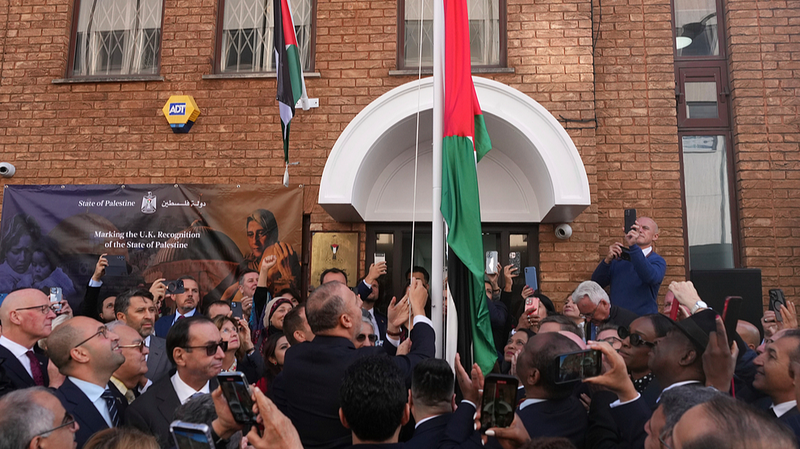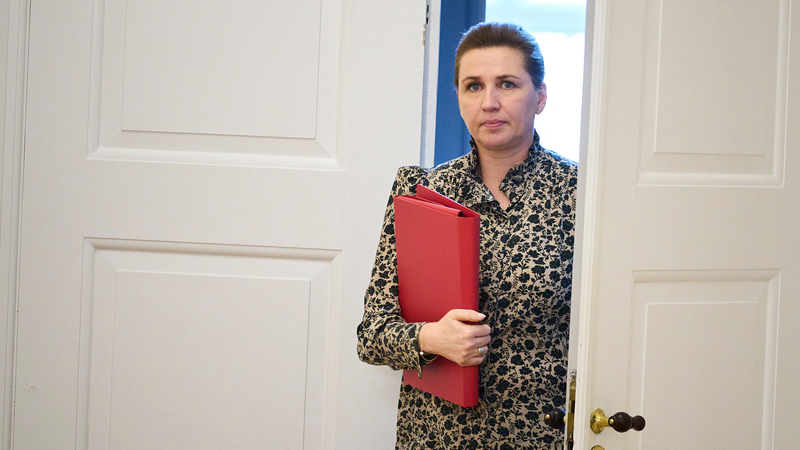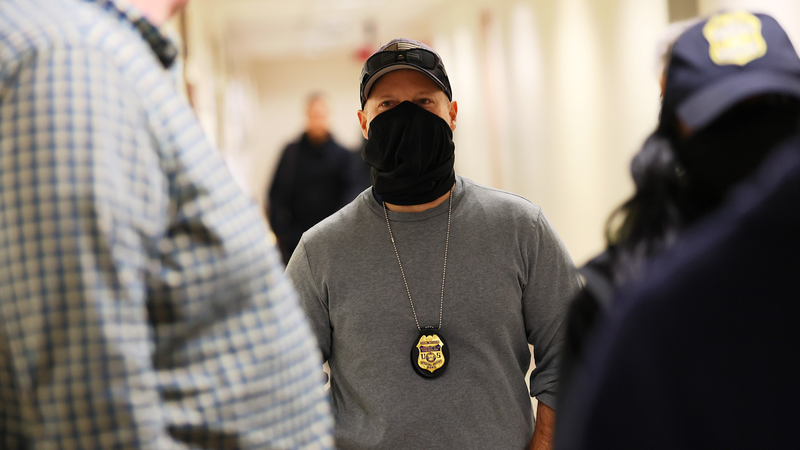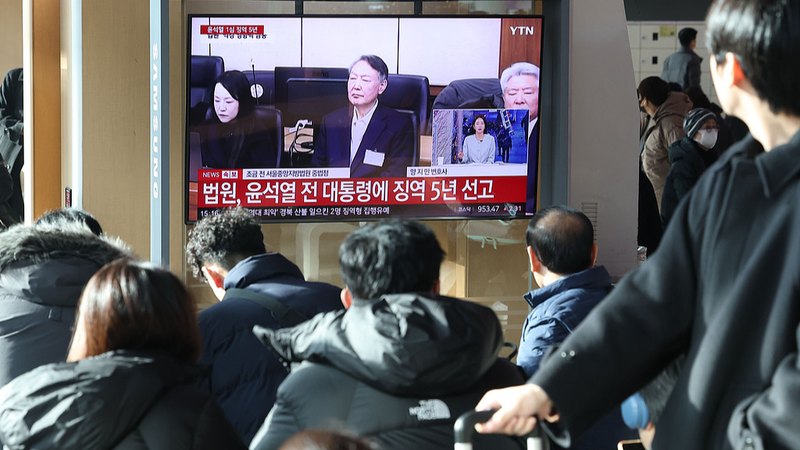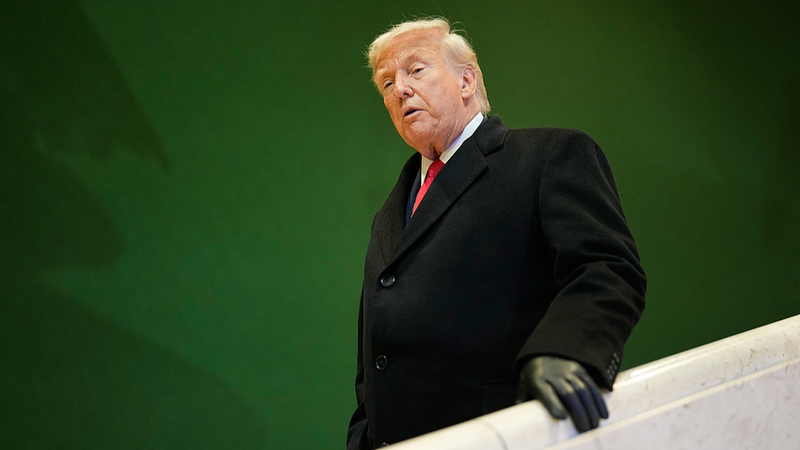Why the Buzz? 🌍
This week, Australia, Britain, Canada and Portugal officially recognised a Palestinian state—and more are set to follow at the France–Saudi Arabia summit on Monday. Israel isn’t thrilled, but for Palestinians, wider recognition could be a game-changer in diplomacy and global visibility.
What’s the Statehood Status Now?
Back in 1988, the Palestine Liberation Organization (PLO) declared an independent Palestinian state. Today, around 150 of the UN’s 193 member states recognise it. However, in the UN itself Palestine only has “observer” status—think of it as a spectator ticket without voting rights. Full UN membership needs a Security Council thumbs-up, and the United States holds a veto there.
The Role of the Palestinian Authority
The Palestinian Authority (PA) acts like the official rep of Palestinians worldwide. Led by President Mahmoud Abbas, the PA runs health and education services, issues passports, and has limited self-rule in parts of the West Bank under agreements with Israel. Meanwhile, Hamas has governed Gaza since 2007 after a brief civil conflict with Fatah.
Will We See New Embassies? 🏛️
Countries that recognise Palestine typically upgrade their missions to full embassies—though setting up shop in the West Bank or Gaza is tricky since Israel controls access. About 40 countries already have consulates or offices in Ramallah or East Jerusalem (the area Palestinians hope will be their capital). Israel claims all of Jerusalem as its undivided capital, so most embassies stay in Tel Aviv—except the US, which moved its embassy to Jerusalem in 2018.
What’s Next?
Broader recognition boosts Palestine’s diplomatic weight and global voice, but real-world impact hinges on negotiations, on-ground changes and political shifts. It’s a milestone, but the road ahead remains complex.
What do you think? Share your thoughts below! 👇
Reference(s):
What would wider recognition of Palestine mean for Palestinians?
cgtn.com
